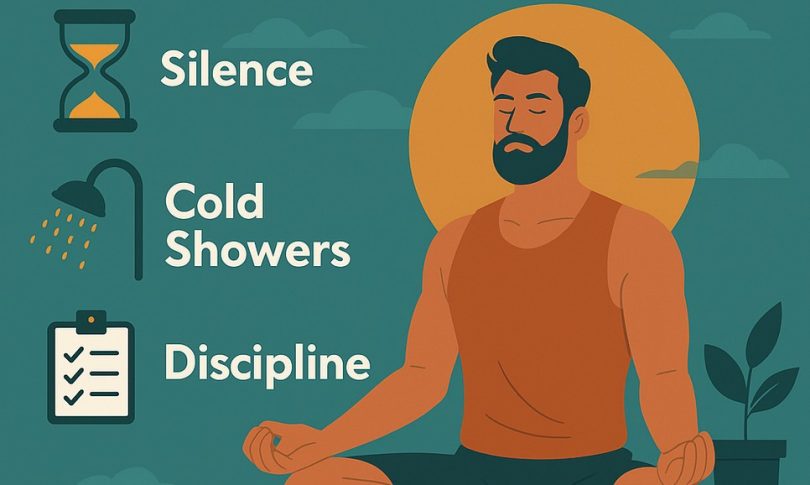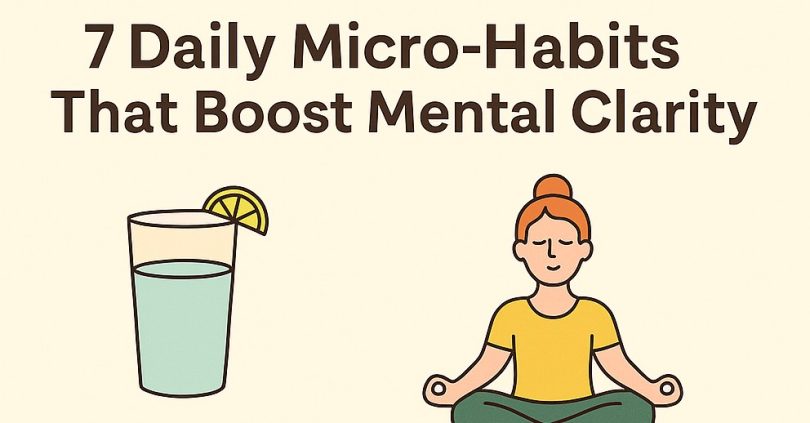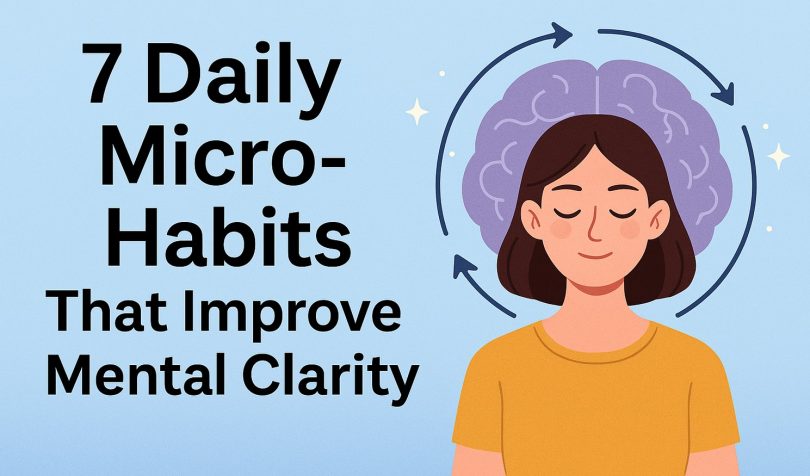Meditation is not just a tool for relaxation; it’s a powerful method for solving personal problems, improving decision-making, and enhancing overall well-being. Whether you’re struggling with stress, relationship issues, or indecisiveness, learning how to solve your problems through meditation can bring clarity and peace into your life.
Table of Contents
- Understanding the Connection Between Problems and Meditation
- How to Solve Your Problems Through Meditation: A Step-by-Step Guide
- Practical Meditation Techniques to Solve Specific Problems
- Common Challenges and How to Overcome Them in Meditation
Key Takeaways
- Meditation can help solve a variety of personal and emotional problems by enhancing mental clarity and reducing stress.
- Choosing the right meditation technique tailored to your specific problem is crucial for effective results.
- Consistency in meditation practice is key to experiencing long-term benefits.
Understanding the Connection Between Problems and Meditation
Many people wonder, “How can meditation really help solve my problems?” The answer lies in how meditation works on both the mind and body. By calming the nervous system and promoting a state of relaxation, meditation allows us to look at our problems from a new perspective. It enhances mental clarity, reduces stress levels, and improves our emotional responses, making it easier to tackle everyday challenges.
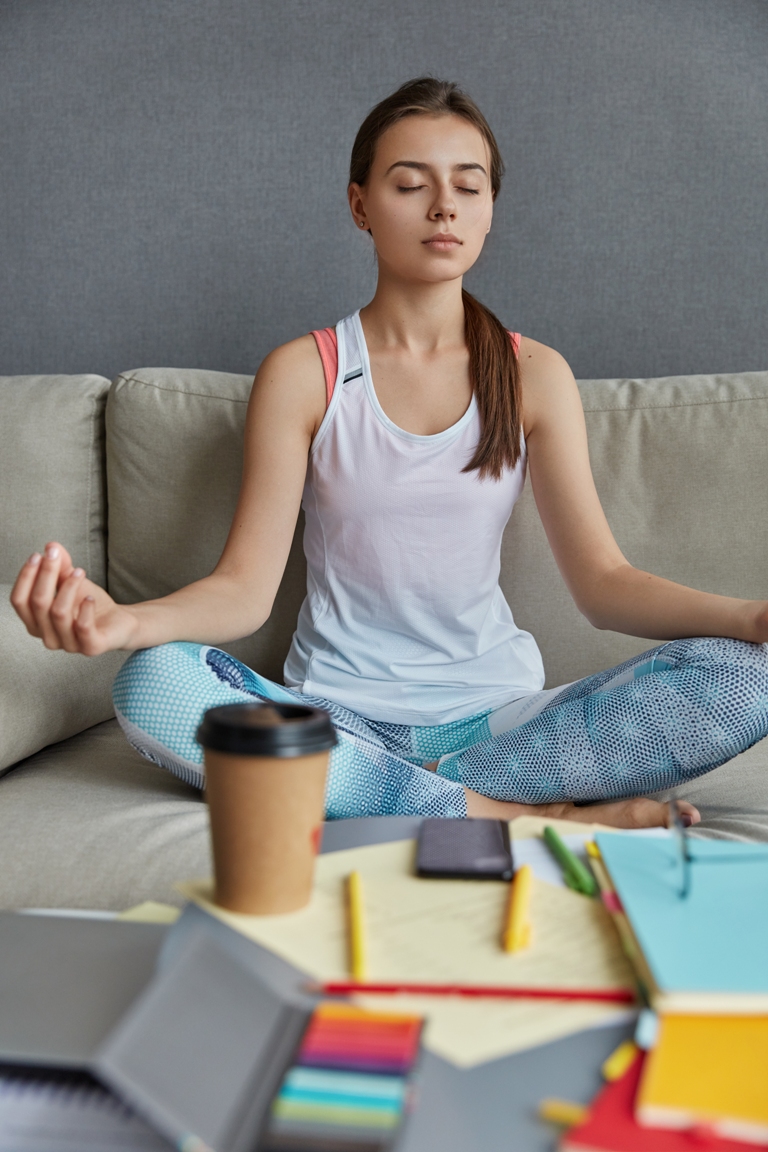
The Science Behind Meditation’s Impact
Meditation affects the brain by engaging areas responsible for focus, decision-making, and emotional regulation. Regular practice can increase the thickness of the prefrontal cortex, which is involved in executive functions like planning and problem-solving. Additionally, meditation reduces the activity of the amygdala, the part of the brain responsible for fear and stress responses.
| Problem Type | Recommended Meditation | Expected Benefits |
|---|---|---|
| Stress & Anxiety | Mindfulness Meditation | Reduces cortisol, enhances calmness |
| Decision-Making | Insight Meditation | Improves focus, clarity |
| Relationship Issues | Loving-Kindness Meditation | Increases empathy, reduces conflict |
How to Solve Your Problems Through Meditation: A Step-by-Step Guide
Learning how to solve your problems through meditation involves more than just sitting quietly; it requires preparation, the right techniques, and consistency. Here’s a step-by-step guide to help you start:
1. Preparing Your Mind and Space
Creating a peaceful environment is essential for effective meditation. Find a quiet spot, free from distractions, where you feel comfortable. You might want to light a candle, use essential oils, or play soft music to set the mood. Setting an intention before you begin can also help focus your mind on the specific problem you want to address.

2. Choosing the Right Meditation Technique
Not all meditation techniques are created equal, and choosing the right one can make all the difference. Here are some options:
- Mindfulness Meditation: Best for reducing stress and anxiety by bringing attention to the present moment.
- Guided Visualization: Ideal for those struggling with decision-making or looking to achieve specific goals.
- Loving-Kindness Meditation: Perfect for improving relationships and increasing empathy.
3. Practicing Meditation Consistently
Consistency is key to seeing results. Set aside at least 10-15 minutes daily for your meditation practice. Start small, and gradually increase the duration as you become more comfortable. Regular practice will help you develop the discipline needed to make meditation an effective tool in your problem-solving arsenal.
Practical Meditation Techniques to Solve Specific Problems
To truly understand how to solve your problems through meditation, it’s important to explore practical techniques tailored to specific issues. Here’s how you can use meditation to address common challenges:
Meditation for Stress and Anxiety Reduction
Stress and anxiety are among the most common problems people face. Meditation techniques like deep breathing, body scans, and mindfulness can help calm your mind and reduce the physical symptoms of stress. Regular practice leads to a significant decrease in stress hormones like cortisol, making it easier to manage anxiety.
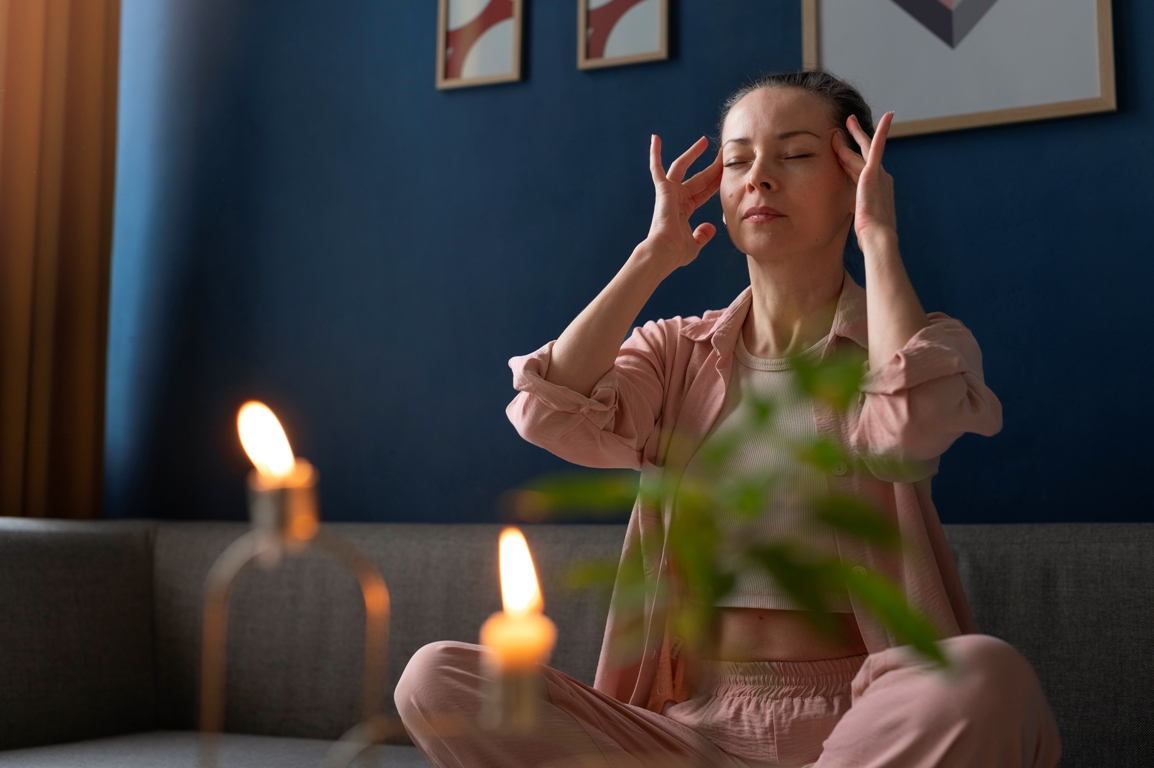
Meditation for Decision Making and Clarity
If you’re struggling with making decisions or feeling overwhelmed, insight meditation and single-pointed concentration can help. These techniques focus on quieting the mind and bringing clarity to your thoughts, allowing you to make more informed decisions without the interference of stress or doubt.
Meditation for Improving Relationships
Improving relationships often involves addressing how we react to others and manage our own emotions. **Loving-kindness meditation**, also known as Metta meditation, encourages the practice of compassion and empathy. By focusing on positive thoughts towards yourself and others, you can foster better communication and reduce conflicts in your relationships.
Meditation for Overcoming Procrastination
Procrastination is a problem that many people struggle with, often due to lack of focus or feeling overwhelmed by tasks. **Focused attention meditation**, where you concentrate on a single object or thought, can help improve your concentration and boost your motivation. Setting intentions during meditation can also provide the mental drive needed to start and finish tasks without delay.
Common Challenges and How to Overcome Them in Meditation
Starting a meditation practice can be daunting, especially if you face common obstacles like distractions or impatience. However, understanding these challenges and learning how to navigate them can significantly enhance your experience and the effectiveness of solving problems through meditation.
Dealing with Distractions
Distractions are one of the most frequent challenges when meditating. To counteract this, try meditating in a quiet room and using noise-canceling headphones if needed. Grounding techniques, such as focusing on your breath or using a mantra, can also help keep your mind centered during your session.
Managing Restlessness and Impatience
Restlessness and impatience can disrupt your meditation practice, especially if you’re new to it. A practical approach is to start with shorter sessions and gradually increase the time as your comfort grows. Remember, the goal isn’t to have a ‘perfect’ meditation session but to make progress over time.

The Long-term Benefits of Solving Problems Through Meditation
When you regularly use meditation as a tool to solve problems, you not only address immediate issues but also enjoy numerous long-term benefits that can improve your quality of life.
Mental Health Benefits
Meditation promotes mental well-being by reducing symptoms of anxiety and depression. Over time, you’ll notice a shift in your overall mood and how you respond to stressors, making it easier to handle life’s ups and downs.
Physical Health Benefits
Beyond mental benefits, meditation positively impacts your physical health. Regular practice can lead to lower blood pressure, improved sleep, and a stronger immune system. These physical benefits further support your ability to solve problems effectively as you feel more energized and less weighed down by stress.
| Benefit | Impact |
|---|---|
| Reduced Anxiety | Enhanced calmness and emotional stability |
| Lower Blood Pressure | Improved cardiovascular health |
| Increased Focus | Better decision-making and productivity |
Personal Growth and Self-Awareness
Through meditation, you’ll also develop greater self-awareness. This heightened understanding of your thoughts and emotions allows for more mindful reactions to problems, reducing impulsive decisions and promoting thoughtful, effective solutions.
How to Measure Your Progress in Problem-Solving Through Meditation
To ensure that meditation is effectively helping you solve your problems, it’s important to track your progress. Here are some methods to help you measure your improvements:
Setting Milestones
Establishing clear milestones can help you see how meditation is impacting your problem-solving abilities. Whether it’s achieving a certain level of calmness, making a difficult decision, or resolving a conflict, noting these successes can keep you motivated.
Journaling Your Meditation Experiences
Keeping a meditation journal is another excellent way to monitor progress. Write down how you felt before and after each session, what techniques you used, and any insights or breakthroughs you experienced. This can help you identify patterns and areas for improvement.

Seeking Feedback
Sometimes, those around you may notice changes before you do. Ask friends, family, or colleagues if they’ve observed any positive shifts in your behavior or problem-solving skills. This feedback can provide valuable insights into how meditation is working for you.
Combining Meditation with Other Problem-Solving Strategies
While meditation is a powerful tool, combining it with other strategies can further enhance your problem-solving abilities. Consider integrating meditation with therapy, coaching, or self-help techniques for a comprehensive approach to addressing your challenges.
Integrating Lifestyle Changes
In addition to meditation, adopting lifestyle changes like a healthy diet, regular exercise, and adequate sleep can amplify your problem-solving capabilities. These practices work together to support a balanced mind and body, creating the ideal environment for effective meditation.
Frequently Asked Questions (FAQs)
How long does it take to see results from meditation?
Results vary depending on the individual and the consistency of their practice. Some people notice improvements in their problem-solving skills and overall well-being after just a few weeks of daily meditation, while for others, it may take a few months.
Can meditation help with specific problems like chronic pain or insomnia?
Yes, meditation can be beneficial for a wide range of specific problems, including chronic pain and insomnia. Techniques like mindfulness and body scan meditation have been shown to reduce pain perception and improve sleep quality by calming the mind and reducing stress.
What is the best time of day to meditate for problem-solving?
There is no one-size-fits-all answer, as the best time to meditate can vary based on your schedule and personal preferences. Many people find that meditating in the morning helps set a positive tone for the day, while others prefer to meditate in the evening to unwind and reflect on the day’s challenges.
Do you need any special equipment or apps to meditate effectively?
No special equipment is required to meditate, but some people find that using apps with guided meditations or timers can be helpful, especially when starting. Ultimately, the most important aspect is finding a quiet space where you can focus without interruptions.


